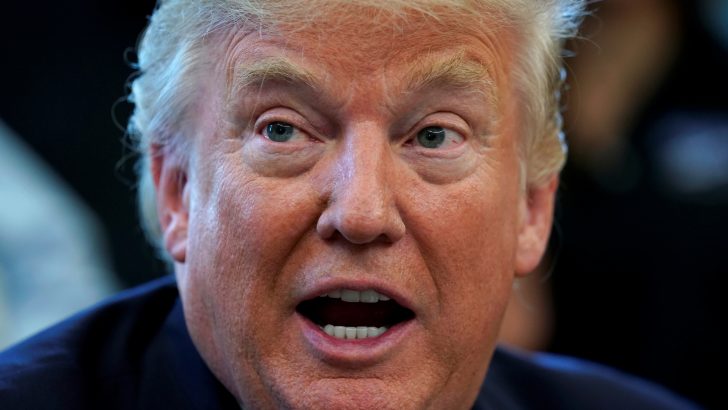Merton treasured the word, writes Michael W. Higgins
Pope Francis recognised in the monk-poet Thomas Merton a prophetic and moral genius, ranked along with Dorothy Day, Martin Luther King, and Abraham Lincoln. And he did that in Washington, in a powerful address to the Joint Houses of Congress.
Can you imagine that happening now during the presidency of Donald Trump?
President Trump continues to coarsen language, to render it meaningless, a vehicle for limitless self-aggrandisement.
In both his prose writings and in his poetry Merton will not let us forget what happens when words are held hostage by those who intend more than mischief, when words become drones of discontent, missiles of madness, lethal weapons in the hands of advertisers, spin doctors, political apologists, apparatchiks of industry, state and religion.
But there is not a lot to laugh about when, as journalist Stephen Marche reflects in ‘This American Carnage’ on the new reality: “Writing itself, the attempt to make sense, is now a political act. Science, the attempt to describe the world, is now a political act. Whether we want it or not, anyone who observes, and reports is now an agent. Fact-checking and peer review are no longer abstruse functions of professional castes; they are sacred obligations. To check a fact is to preserve a white dove in the heart of the temple.”
Facts are foundational, truth is not a commodity and words must represent not misshape reality.
Merton was a model “dove in the heart of the temple”. He treasured the word, he didn’t massage it; he chose the right word because he knew that by so doing he revered it.
Merton had little stomach for the master manipulators of language. Think of his prose poems Original Child Bomb and Chant to Be Used in Processions Around a Site with Furnaces. These parodies of justification are Swiftian in their impact. We reel at the monstrous end to which language has been corralled to serve.
Merton scorned the agents of promotion, the advertisers who sell us the pap of falsehood, in such works as his anti-poetic epic Cables to the Ace.
But perhaps his most sustained and apposite work, given our current zeitgeist, is his less playful and more lyrical 1957 radio play The Tower of Babel.
Appearance
David Remnick, editor of The New Yorker, echoes Merton’s spiritual and intellectual dismay half a century after the appearance of The Tower of Babel when he observes:
“On Inauguration Day, at the Capitol, Trump no longer affected any awe of the task before him or respect for his predecessors. He furiously rebuked the elected officials sitting behind him and the international order that they served.”
Using the language of populist demagogues, from Huey Long to George Wallace to Silvio Berlusconi, the new President implied that he was in perfect communion with the people, and that together they would repair the landscape of “American carnage” and return it to its prelapsarian state of grace.
Those gathered to hear the ‘Leader’ in Merton’s play willingly give him his one word: “Fear! Fear!”
Merton’s The Tower of Babel is about the betrayal of language and the consequences of that betrayal.
His witness as poet sentinel in a tremulous time gives us hope that a language restored to integrity is the only antidote to New York Times columnist Frank Bruni’s melancholy observation that “when something no longer provokes remark, it becomes unremarkable, and the road from there to acceptances is a short one”. We easily acclimate to the ‘new normal’.
President Trump would be well advised to read The Tower of Babel to discover that a true disruptor (as he likes to define himself) is one who knows what he is disrupting, why, and to what end. In that is the message and the judgment.
Michael W. Higgins is Distinguished Professor of Catholic Thought at Sacred Heart University, Fairfield, Connecticut.


 US President Donald Trump seen at the White House in Washington. Photo: CNS
US President Donald Trump seen at the White House in Washington. Photo: CNS 